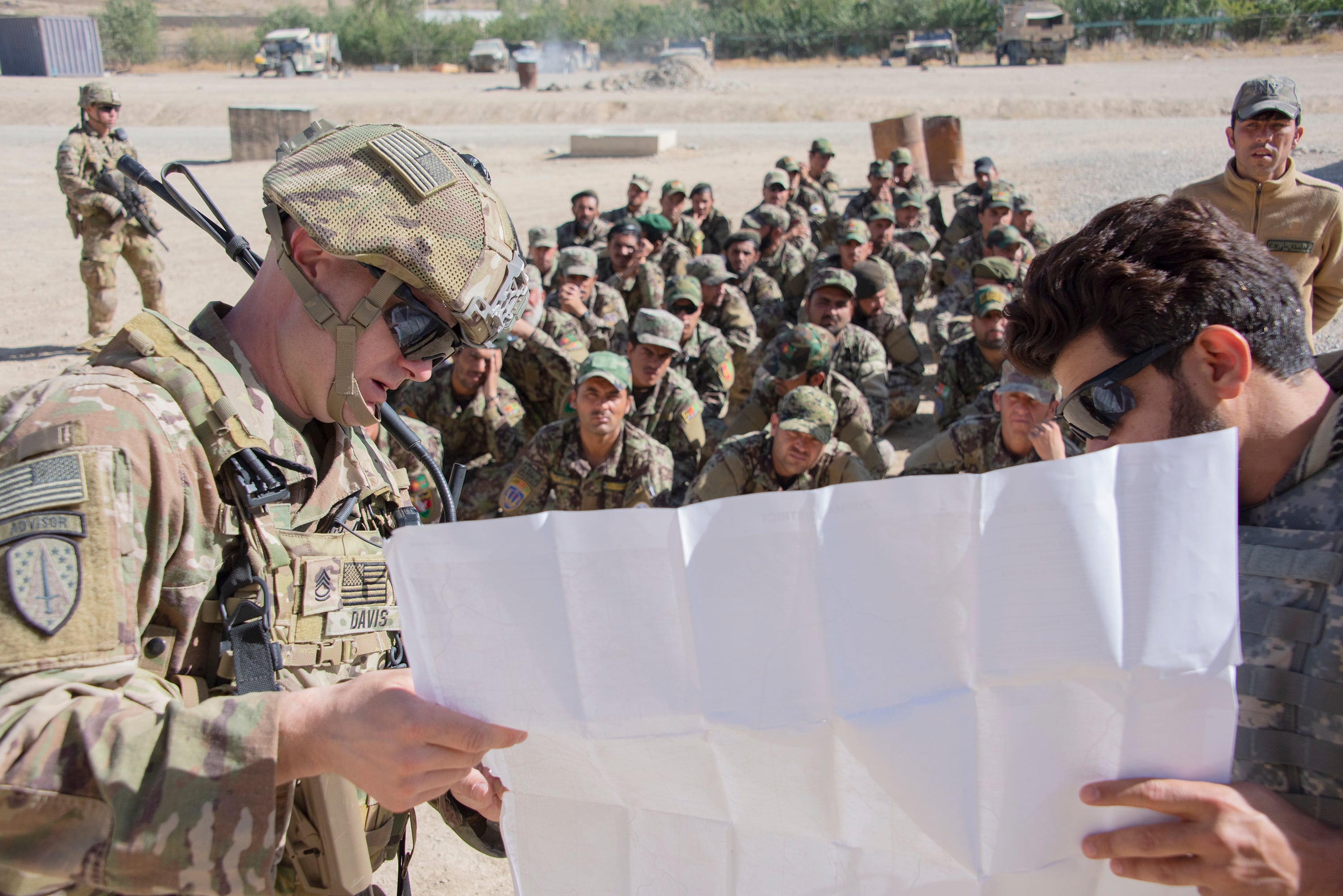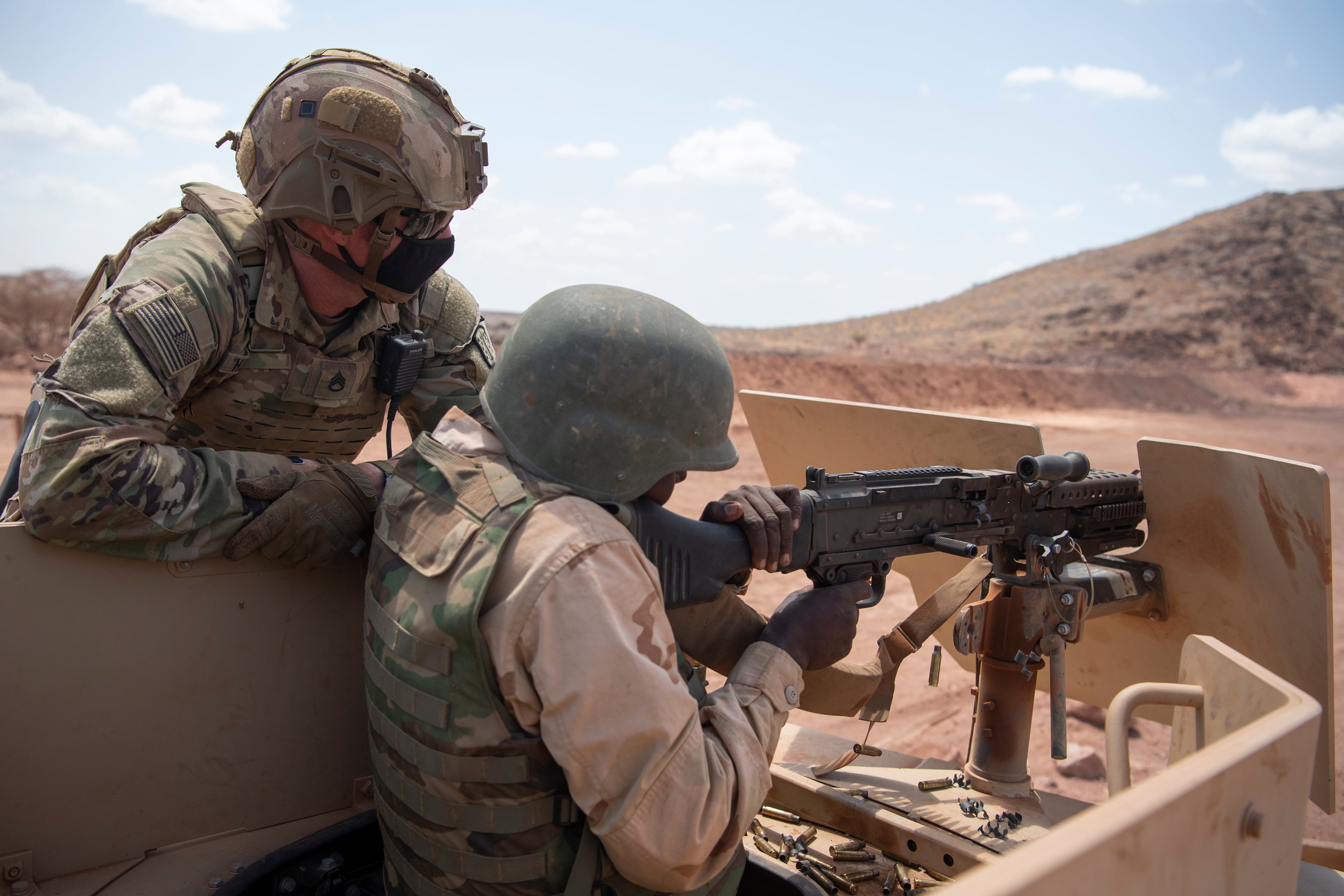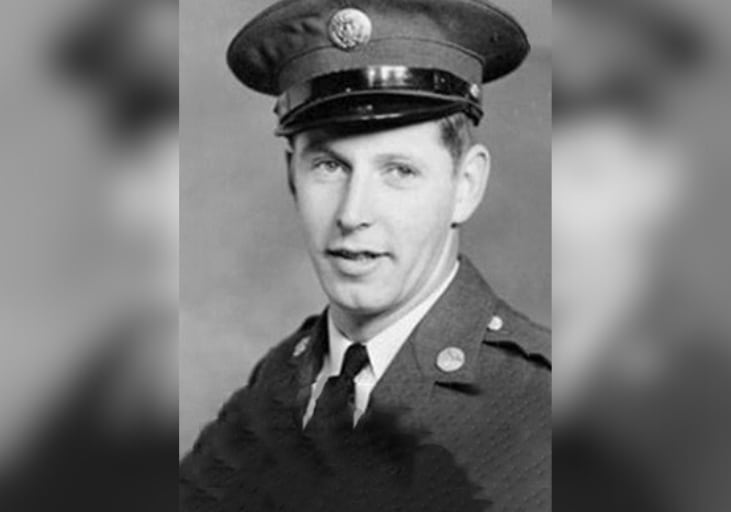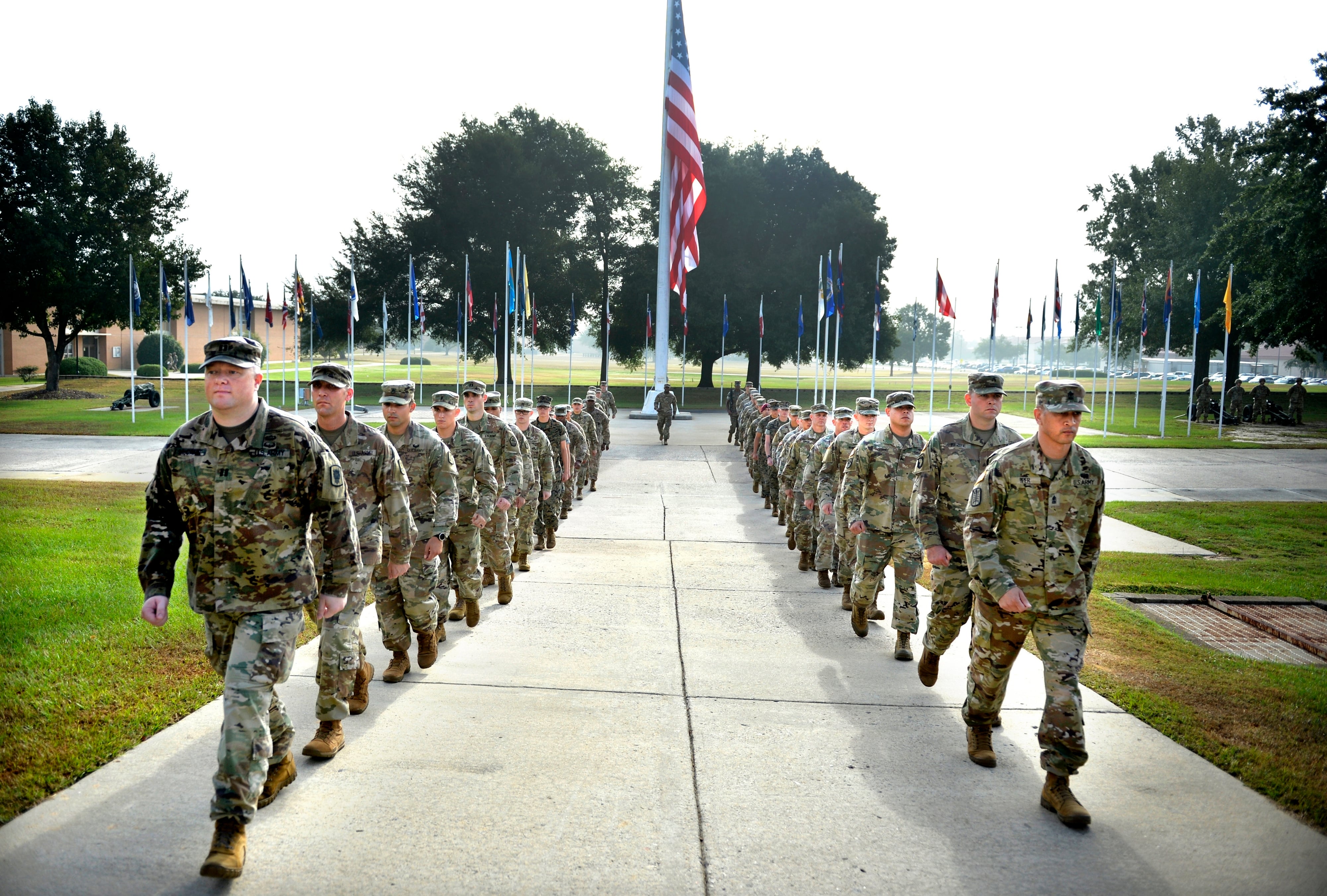The Army spent the majority of its time in Afghanistan and Iraq training, advising and assisting partner forces.
But much of the Iraqi military fell apart in the face of the Islamic State after the U.S. withdrawal. And this past year, much of the Afghan security forces melted away as the Taliban advanced rapidly to take over all of Afghanistan.
Army leaders in 2017 established the Security Force Assistance Brigades as an institutional way forward in providing security assistance to partners and allies. But whether that concept works everywhere, or works at all, remains a point of debate.
In a Dec. 16 episode of the Modern War Institute at West Point’s podcast, two experts who are currently working on a Pentagon-backed analysis of security assistance laid out some of the prickly points.
Air Force Lt. Col. Jahara Matisek, an associate professor at the Air Force Academy, and Will Reno, a political science professor at Northwestern University, are working under the Minerva Research Initiative. The initiative is intended to improve the Defense Department’s understanding of social, cultural, behavioral and political forces that shape regions of strategic importance.
Since 2000, Matisek said on the podcast, the U.S. has spent $340 billion to train, advise, assist and equip foreign partners. At least $90 billion of that went to Afghanistan.
“A lot of this was a waste, building Fabergé armies,” Matisek said, referencing the beautiful but fragile Russian jeweled egg art pieces. “We spend all this money to make this big, shiny military with Abrams tanks, F16s and pretty much a lot of them chose not to fight.”

The U.S. keeps “getting caught in this trap of giving equipment to countries that it knows can’t afford to maintain,” Matisek said.
“It’s almost like you’re trying to hit a grand slam when all you have to do is hit a single,” Matisek said.
The baseline goal should instead be to make partner forces just slightly more effective than the insurgents they’re fighting, he said.
Early in the podcast, Reno pointed out that the success or failure of security assistance depends a lot on what type of partner the U.S. is working alongside.
The work of U.S. military advisors in “weak states,” such as Afghanistan, is hard to compare to more established partnerships with Western forms of government, such as Colombia, Reno said.
The work of U.S. advisors in Colombia in recent decades, who helped local forces combat drug cartels and left-wing insurgents, has been put forth in many defense circles as the model for how security assistance can work.
But a more appropriate example might be to look at Somalia, where the U.S. has been operating off and on for decades. When assisting local forces in Mogadishu, they may provide security to one faction but not to another powerful faction. And they may not even control the nation’s capital at night.
“That’s a very, very different situation when thinking about armed conflict,” Reno said.
The pair were presented with three narratives commonly debated: That security force assistance in Iraq and Afghanistan was a failure and it’s a fool’s errand to do it again; that the U.S. needs a professionalized force doing security assistance missions full time; and that the work is important but should be done by the armed services as the need arises.
The pair mostly agreed that a mix of the statements was more accurate. There needs to be a place to house knowledge on how to help but careful consideration must be taken to ensure it’s the right kind of help to that specific partner or an ally.
An added stress, Matisek said, is connecting the dots for the public, including Congress, on some of these smaller-scale missions, especially when they make news.
The lieutenant colonel pointed to the tragic Niger ambush in 2017 that killed four U.S. soldiers and five Nigeriens. The Americans were assisting local forces in hunting down a local Islamic State leader.
Suddenly, Matisek said, the American public and representatives in Congress are asking what’s going on with the U.S. military in Niger.
“We didn’t approve this, authorize this, why is the Army in Niger, why are they getting killed?” Matisek said, recalling common questions at the time.
That’s an example, he added, of the disconnect between policy at the strategic and tactical levels.
The goal may be to build “professional forces in an unprofessional state,” but in weak or failed states, such an effort almost requires a kind of “military enclave” that’s separate from the political influences of their government.
And some governments can see such a force as a threat to their power and influence, Reno said.
But both agreed that the work isn’t going away.
“We have a lot of problems with security force assistance, but it’s something we’re probably going to do more of because, in terms of our national interests, we’re going to see it as necessary,” Reno said.
Todd South has written about crime, courts, government and the military for multiple publications since 2004 and was named a 2014 Pulitzer finalist for a co-written project on witness intimidation. Todd is a Marine veteran of the Iraq War.










